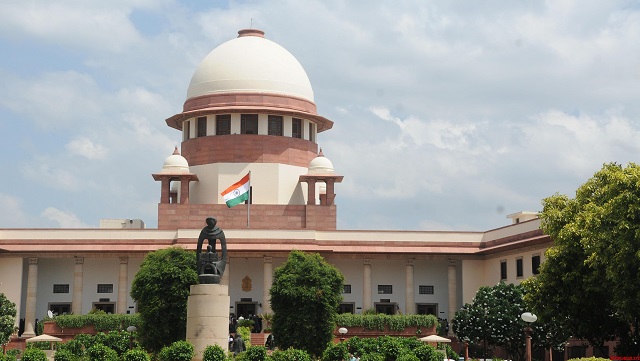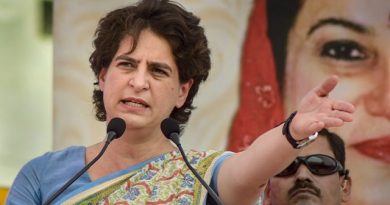J&K yet to define stand on Article 35A; SC hearing soon
With the hearing on the constitutional validity of Article 35A at the Supreme Court likely this week, the Jammu and Kashmir government is yet to decide on its stand. It is the first time that hearing will be held on the provision, when the state is under the Governor’s rule.
Advocate General of Jammu and Kashmir D.C. Raina told IANS on Sunday they would discuss the position and finalise the stand in a day or two.
Speaking from Jammu, Raina said the matter was with the Law Department and without their instruction he can’t spell out the stand. The matter is on board for quite some time, but did not reach the hearing stage earlier, he said and added they expect it to come up for hearing on Wednesday or Thursday.
However, the state government submitted to the top court, about three weeks back, seeking adjournment on the grounds that the issue involved is sensitive and there was no elected government in the state.
The last hearing took place on August 31, 2018. The matter was adjourned to second week of January as Attorney General K.K. Venugopal pleaded postponement on the ground of panchayat polls in the state.
Article 35A was incorporated in the Constitution by the 1954 Presidential order, which conferred special rights including government employment, acquisition of immovable property, settlement in the state, grant of scholarship and any such form of aid to the permanent residents of J&K by the state government.
To guarantee these special rights and privileges, the 1954 Presidential order said no existing law in force in J&K or that enacted by the state legislature in respect of the special rights and privileges of the permanent residents “shall be void on the grounds that it is inconsistent with or takes away or abridges any rights conferred on the other citizens of India by any provision of this part (III).”
In the past, President’s power to issue orders taking recourse of Article 370(1) were unsuccessfully challenged twice before the top court.
The first time the President’s powers to issue orders in respect of J&K was upheld on March 30, 1961 by a five-judge Bench, comprising Justice K.N. Wanchoo, Justice P.B. Gajendragadkar, Justice A.K. Sarkar, Justice K.C. Das Gupta and Justice N. Rajagopal Ayyangar.
Addressing the challenge to the Presidential order introducing indirect election to the six Lok Sabha seats from the state, the court said: “Article 370 clearly recognises the special position of the state of J&K and that is why the President is given the power to apply the provisions of the Constitution to that state subject to such exceptions and modifications as the President may by order specify.”
The apex court had in 1961 also stated: “We are therefore of the opinion that the President has the power to make the modification, which he did in Article 81 of the Constitution. ”
Article 81 provides for the composition of the Lok Sabha.
The SC Bench, comprising then Chief Justice M. Hidayatullah, Justice Vashishtha Bhargava, Justice J.M. Shelat, Justice G.K. Mitter and Justice C.A. Vaidyialingam, by its October 10, 1968 judgment had said the “Article 370 of the Constitution has never ceased to be operative and there can be no challenge on this ground to the validity of the orders passed by the President in exercise of the powers conferred by this Article.”




